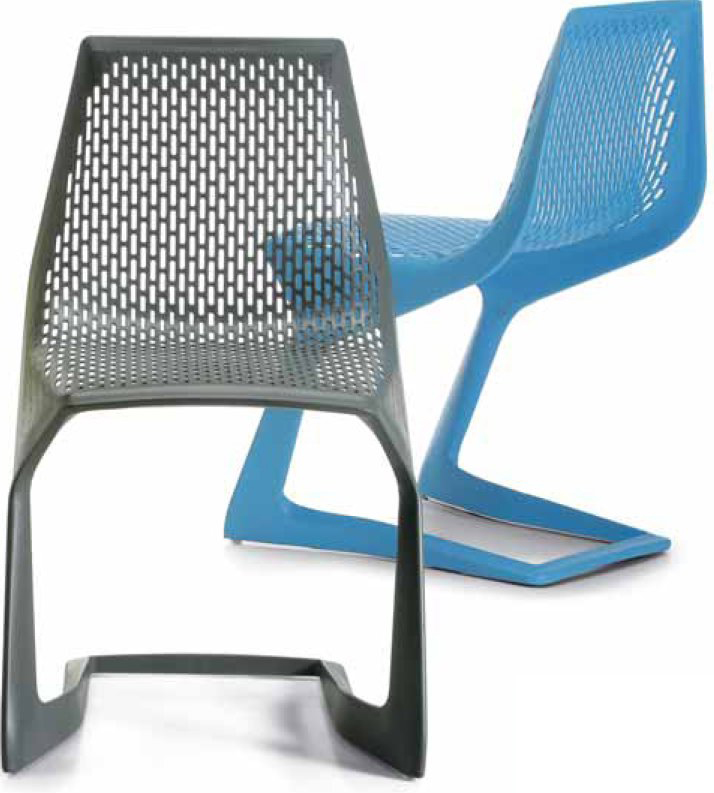PBT (Polybutylene Terephthalate)
As products become miniaturized and the demand on materials to perform at increasingly thin sections becomes greater, plastic suppliers are looking to create materials to facilitate this trend, while still giving the torsional strength that consumers have come to expect from high quality products.
Polybutylene terephthalate (PBT) is a tough engineering polyester belonging to the same family as PET. Its main performance characteristic is its high strength and stiffness. Another major benefit is its versatility due to the grades in which it is available and also the range of fillers and reinforcements that it can be moulded with. As a stiff material, PBT has none of the flimsiness associated with some of the commodity plastics such as PP, PS and HDPE. Instead, providing even greater strength than engineering materials like ABS, PBT offers users a feeling of high value, sturdy components even in small thin-walled mouldings.
As a polyester, PBT crystallizes rapidly, which means that when moulding components for products, the cycle times are relatively short and moulding temperatures can be lower compared to many other high-performance plastics. It is also a good candidate for adding reinforcing materials to, such as glass fibre, to increase tensile strength. Another one of its assets is its chemical resistance, which is the main reason it is often blended with PC.
Image: Myto chair by Konstantin Grcic

Key features
•High strength
•Excellent stiffness
•Outstanding impact toughness
•Excellent wear resistance
•Good resistance to chemicals
•Long-term use at high temperature
•Accepts fillers and reinforcement
•Recyclable
Sources
Widely available from multiple global suppliers.
Cost
£3.20 ($5) per kg.
Sustainability issues
Excellent flow properties mean that PBT is less sticky in the mould and requires less heat when moulding, leading to a less energy intensive process and faster cycle times.
Production
PBT moulds at lower temperatures than other plastics, leading to short production cycle times in injection moulding. PBT can also be extruded and blow-moulded, it can also be used as an encapsulation material. In electrical applications and PBT, components can be laser welded together. It is extremely good at accepting surface finishes and plating and film sublimation for highly durable decoration. PBT also accepts fillers and reinforcement such as mineral and glass fibres for increased stiffness.
Typical applications
Applications include exterior trim applications for cars, for example windshield wiper covers, handles and mirror housings. Consumer electrical uses include oven door handles and iron handles. It is also the material from which South Korean designer Min-Kyu Choi designed his awardwinning folding electrical plug.
Derivatives
–Ultradur®
–Crastin®
| + | – |
|
–Strong and tough –Hardwearing –Short production times –Widely available –Recyclable |
–Relatively expensive compared to standard commodity plastics |
